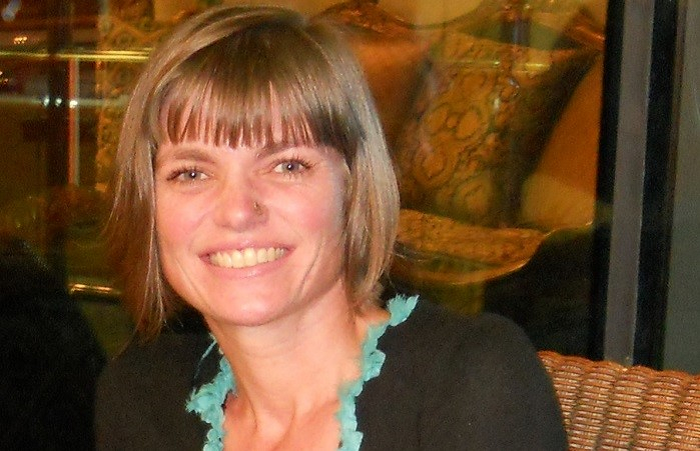
The menopause is largely a taboo subject at work, especially compared to pregnancy and maternity. Still, our experiences of presenting on this issue suggest that many, many women, and large numbers of men, are very eager to learn more about it and to share their own stories. So, employers may well be pushing on an open door when looking to start these conversations.
Our launch event for the University of Leicester’s menopause policy, for example, was very heavily subscribed. Inviting contributors from outside the organisation can also help to reduce the possible embarrassment factor because this means there are ‘neutral brokers’ in the room. So our collaborators and menopause at work experts Sue Fish, former chief constable of Nottinghamshire Police, and Deborah Garlick at Henpicked, spoke at this event alongside the internal university team.
We also firmly believe that the menopause is not just a women’s issue. People are often surprised about the range of menopause experiences, and starting conversations means everyone is made aware of the facts. Moreover, hearing men and younger colleagues being supportive, interested and sharing ‘second-hand’ experiences of the menopause helps mid-life women who have struggled to discuss their menopause symptoms at work.
While, for us, openness, confidence, avoiding acronyms or abbreviations and removing any mystery are key when discussing the menopause at work, we also know that in some organisations a more subtle approach might be more appropriate.
Another way to get the conversation going, then, is to invite anonymous questions from employees about menopause, which can be answered in a more public forum. Equally, benefits which might support women with problematic symptoms can be made available to everyone in the workforce. One example is a UK police service that provides breathable wicking uniforms. These are badged as ideal for employees who cycle to work, but can also be requested by women experiencing hot sweats without having to disclose the reason.
Every woman has a unique menopause experience, so there needs to be a range of options available to support them in organisations. But these approaches can help to tackle the taboo around menopause in workplaces and make it an unremarkable topic of conversation.
Jo Brewis (pictured) is professor of people and organisations at the Open University, Vanessa Beck is senior lecturer in work and organisations at the University of Bristol, and Andrea Davies is associate professor in marketing and consumer research at the University of Leicester.